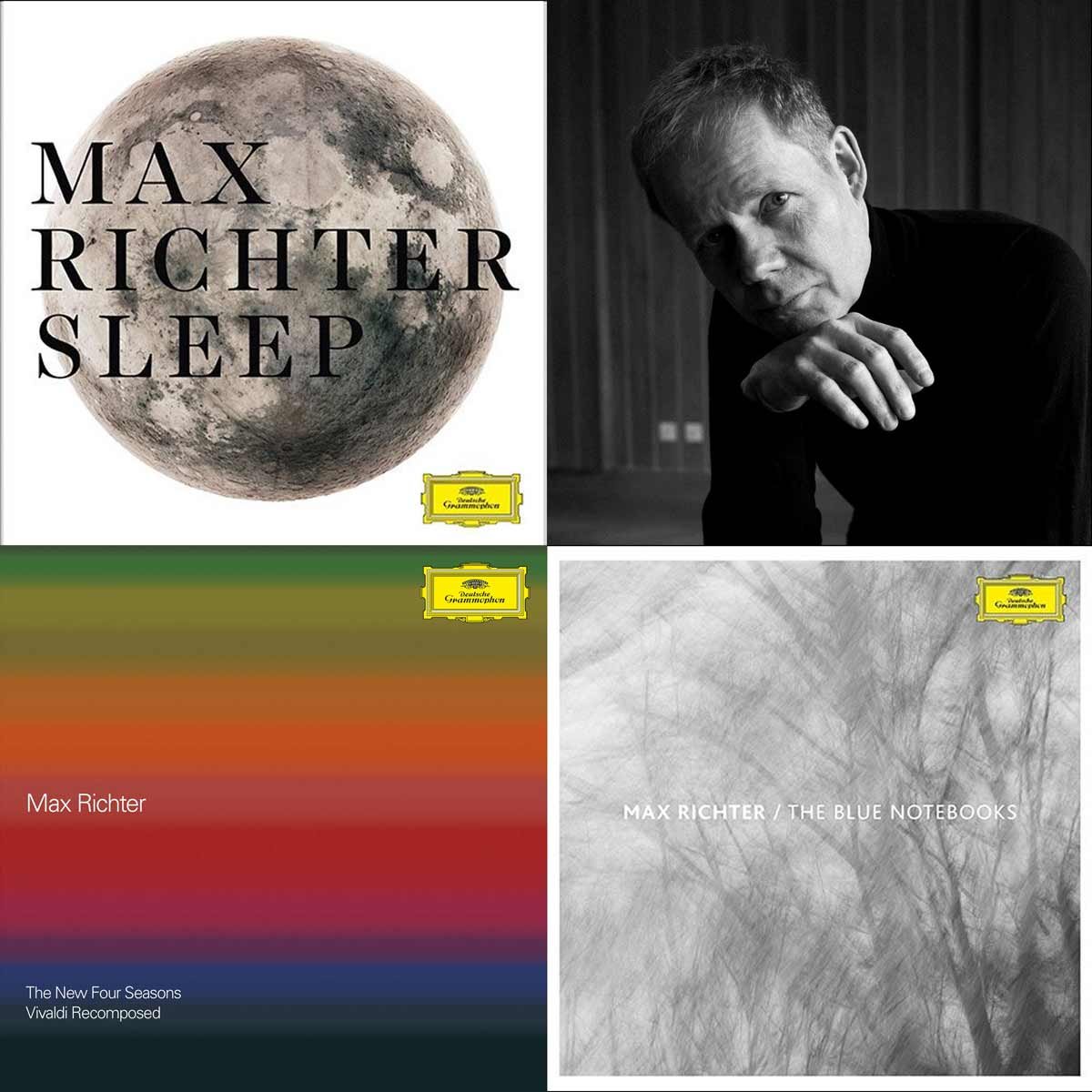Composer Max Richter is known for his ability to translate profound human emotions into music. Max’s record Sleep is the most streamed classical album of all time and his catalogue has surpassed 3 billion streams. A prolific collaborator, he scored and performed for Kim Jones for the Dior shows, and the new Wayne McGregor and Margaret Atwood ballet MADDADDAM, and arts collective Random International on the Rain Room installation. Max has collaborated with film directors Denis Villeneuve, Martin Scorsese, and Ari Folman, and scored film & TV including Ad Astra, Black Mirror, Shutter Island, The Leftovers, Arrival and his Emmy-nominated score for Taboo.
He’s the co-founder of Studio Richter Mahr, with his partner and artist Yulia Mahr in Oxfordshire, UK. Max and Yulia built the studio around an old tractor barn, and have powered it with cutting-edge solar and heat-pump technology. It’s a haven for their family and community of musicians and artists which regularly come through. Set within 31 acres of woodland, Max and Yulia have a huge passion for using the land to farm and provide a sustainable working environment as well as using creativity as an elevating force within society. Operating as a free space for artists to develop their work, the studio also works with local partners to support the local community.
MAX RICHTER
For me, the creative process is a sort of a continuous thing in the sense that I'm writing kind of all the time, at some level. And that doesn't mean I'm sitting at my desk all the time, but it does mean that I've got a continuous thought process, a continuous engagement with the material I'm trying to shape. And it's many different kinds of processes. First of all, obviously an intention. You need to have an intention. What is it I'm trying to do? But then you get a process of making things, and then you get into a process of dialogue with the things you've made where they start to take on properties and it feels like the material has intentions of its own.
So then you are trying to - it's like herding cats, you know? - sort of corralling this material into some kind of structure, some kind of formed object. Then it becomes like a sculptural process on the large scale.
Photo by William Waterworth
This interview was conducted by Mia Funk with the participation of collaborating universities and students. Associate Interviews Producer on this episode was Lyssy Salvador.
Mia Funk is an artist, interviewer and founder of The Creative Process & One Planet Podcast (Conversations about Climate Change & Environmental Solutions).




















































